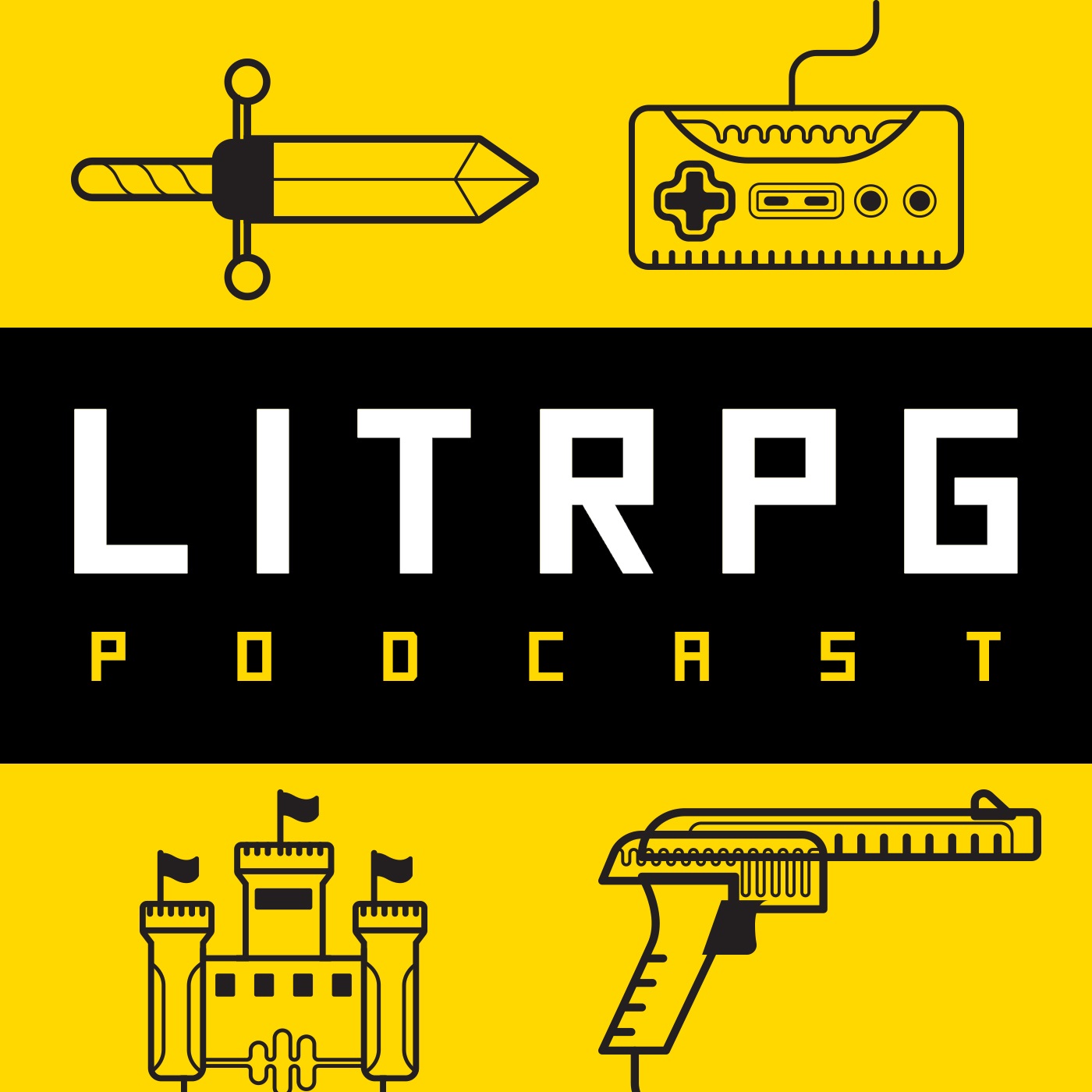A game too good to be true. A golden opportunity. A nightmare he can’t escape.
If Arthur Mallory plays one more steaming pile of garbage disguised as a virtual role-playing game, he might hang up his gaming hat for good. When he discovers the new “deep dive” game Worlds Unbound, he decides it might be worth a try. If it sucks, he'll just return it the next day and cancel the financing.
The game is everything he could have wanted, even without elves or dwarves or character creation. The magic system has him hooked.
He’s willing to overlook the mangled sleep schedule and crippling nightmares if it means feeling that power running through his veins. But when an accident leaves his headset broken, he realizes he might be cut off from the magic – and the game – for good.
He’s not going to let that happen.
My Opinion: 511 pages, $4.99, Available on Kindle Unlimited
There is a consistency to the RPG elements of the story that some LitRPG readers will appreciate. But the messy story and magic structure, along with the many times that rolls felt fudged, left me not enjoying the novel on the whole.
Storywise, this is supposed to be a VR story where the first full immersion game comes out and the main character (MC) just happens to get the last copy from his local store. It costs $75K but only if he keeps it past the trial period. The MC plays the game and goes on a series of adventures, not as himself or a character he creates, but as an existing character in the VR world. This means the MC has this person’s full memories downloaded into his mind and all the lore and world backstory that goes along with it. Along the way, the MC suffers from several glitches but cruises through several magic systems as he adventures and levels.
On its own, this isn’t a terrible story. But several aspects ruined what could have been good explorations of either RPG stuff or the story world.
One of the most glaring of which was the VR aspect, which added nothing to the story. Worse, it detracted from what could have been a better Fantasy RPG story. The VR system, which on its face didn’t make sense, was really just a way to justify why there were stats, classes, and notifications and add an weird side element of the MC being controlled IRL and being hurt by the game because of the memory downloads. It’s not actually a terrible side story, but nothing was done with it. Less than 10% of the story has the MC in the real world and there were no real consequences to any of that. On the whole, because the MC took the role of a resident of the fantasy world, I think it would have meshed better if the story didn’t have the VR aspect at all. It would have let the MC learn about the world in a more natural way, through investigations or conversations, instead of many of the game mechanics and world lore automatically being known by the MC without any work whatsoever.
Another aspect of the story that ruined what could have been a good story was the messy exploration of magic and fudged rolls made in the story. I was initially quite pleased with the original choices that the MC made for his class skills. Min/maxing, plus an unusual magic system made me think the story was going to develop a thinking man’s magic character. Instead, as the story progressed it became obvious that the MC kind of had a two year old’s attention span for sticking to one kind of magic as he goes from system to system in what seems like every 10-15% of the story. The story itself, while cool in places, was very slice of life and followed a similar pattern of leaping from questline to questline without much follow through, which made the story feel rather messy. This coupled with the many instances where a failed roll for information, a spell effect, or something similar was miraculously counted as success because of ‘other circumstances’ or ‘tier differences’, really dropped my enjoyment of the story as the game elements felt less important.
A small gripe which probably won’t impact most readers, a majority of the game information (quests, item descriptions, spell descriptions, notifications, etc.) were differentiated from normal story text with underlines. Multiple paragraphs in a row of underlined text. It was a formatting choice that really bothered my eyes for some reason and I would have preferred Italics, text boxes, brackets, or even just a different font to convey game stuff.
On the game mechanics side of things, the story went out of its way to be consistent and show lots of numbers on a fairly regular basis. So, plus there. All the standard LitRPG was there: classes, stats, item descriptions, quest notifications, etc. Added elements included showing rolls for knowledge checks, spell successes, and magical theory checks. However, as mentioned before, many of these rolls felt fudged since failures often turned into successes to keep the story going. I will note that some of the magic explorations that the MC went through, without getting spoilery, were neat on their own. But having so many transitions, all in one book, meant that none of them really got much depth or a chance for a full bodied exploration.
Overall, while some of the story arcs in the novel were genuinely entertaining, there were too many elements that made the story less enjoyable for me. It really felt like the novel was based on a custom table top game where the DM was trying to keep the players coming back after each session by switching storylines, opening up unique magic systems, and fudging rolls so that there were few failures. Which didn’t work for me as a reader.
Score: 6 out of 10

